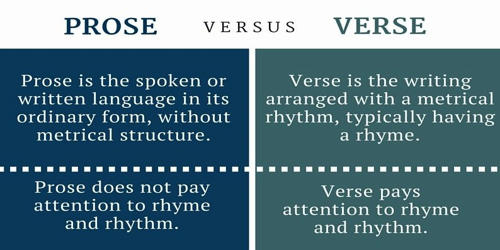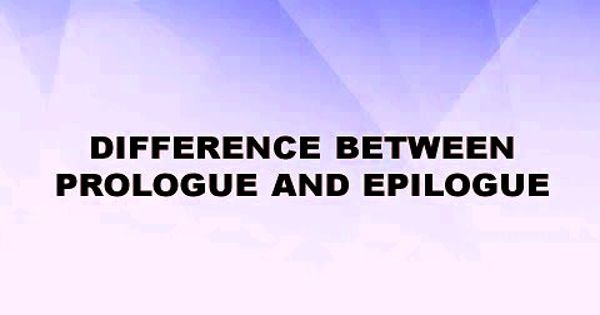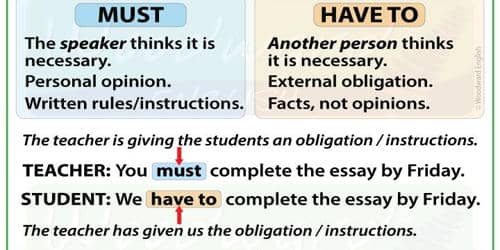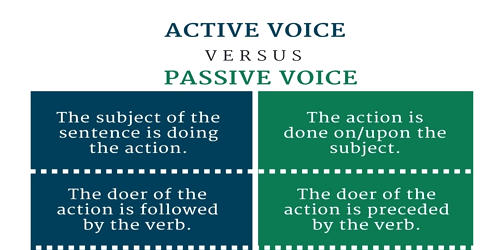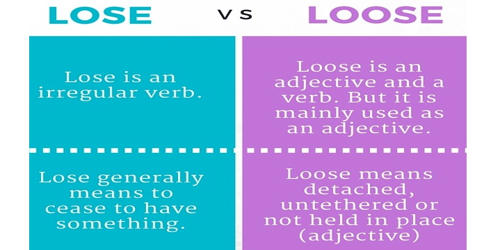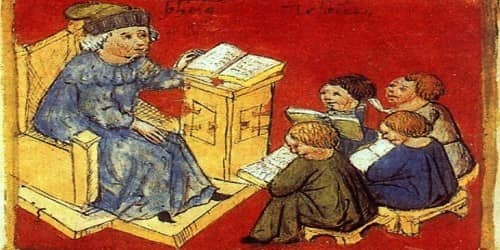Poetry and prose are sometimes used together in the same works. Literature refers to written creative work, particularly those which have a high and enduring value. William Shakespeare’s plays are a common example of poetry and prose appearing together in the same text. Prose and poetry are the two common forms of literature; wherein prose is written work, which contains sentences and paragraphs, and does not have any metrical structure. Classically, prose is defined as a form of language based on grammatical structure and the natural flow of speech. As against, poetry is a genre of literature which is based on a particular form, that creates a rhyme. The most important thing in prose is the message or information. In contrast, the poet shares his/her experience or feelings with the reader, which plays a crucial role in poetry.
The main difference between prose and poetry is that prose is written naturally whereas poetry is written in a metrical structure. We can find prose in newspaper articles, blogs, short stories, etc., however, poetry is used to share something special, aesthetically.
Difference between Prose and Poetry –
PROSE
- The prose is a straight forward form of literature, wherein the author expresses his thoughts and feelings in a lucid way.
- Prose refers to a form of literature, having ordinary language and sentence structure.
- The language of prose is quite direct or straightforward.
- The prose is an ordinary writing style in literature, which encompasses characters, plot, mood, theme, point of view, setting, etc. making it a distinctive form of language.
- The prose contains paragraphs, which include a number of sentences, that have an implied message or idea. It is written using grammatical sentences, which form a paragraph. It may also include dialogues, and is sometimes, supported by images but does not have a metrical structure.
- Prose can be fictional or non-fictional, heroic, alliterative, village, polyphonic, prose-poetry, etc.
- Biography, autobiography, memoir, essay, short stories, fairy tales, article, novel, blog, and so forth use prose for creative writing.
POETRY
- Poetry is the form of literature in which the poet uses a unique style and rhythm, to express intense experience.
- Poetry is that form of literature, which is aesthetic by nature, i.e. it has a sound, cadence, rhyme, meter, etc., that adds to its meaning.
- In poetry, we use an expressive or creative language, which includes comparisons, rhyme, and rhythm that give it a unique cadence and feel.
- Poetry is something that arouses a complete imaginative feeling, by choosing an appropriate language and selective words and arranging them in a manner that creates a proper pattern, rhyme (two or more words having identical ending sounds) and rhythm (cadence of the poem).
- Poetry is written in verses, which are covered in stanzas. These verses leave a lot of unsaid things, and their interpretation depends upon the imagination of the reader.
- Poetry uses an artistic way to communicate something special, i.e. a musical intonation of stressed (long sounding) and unstressed (short sounding) syllables to express or describe emotions, moments, ideas, experiences, feelings and thoughts of the poet to the audience. The structural components of poetry include lines, couplet, strophe, stanza, etc.
- It is in the form of verses, which constitute stanzas, that follow a meter. The number of verses in a stanza depends upon the type of the poem.
